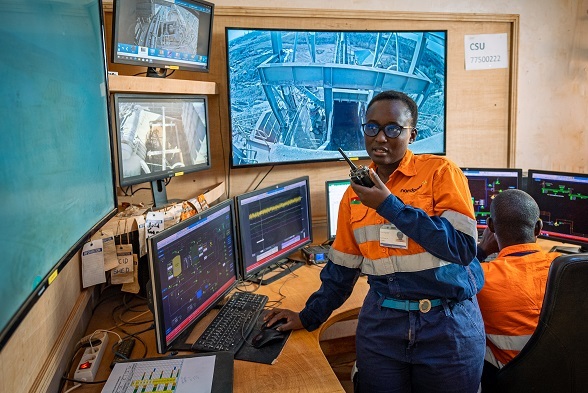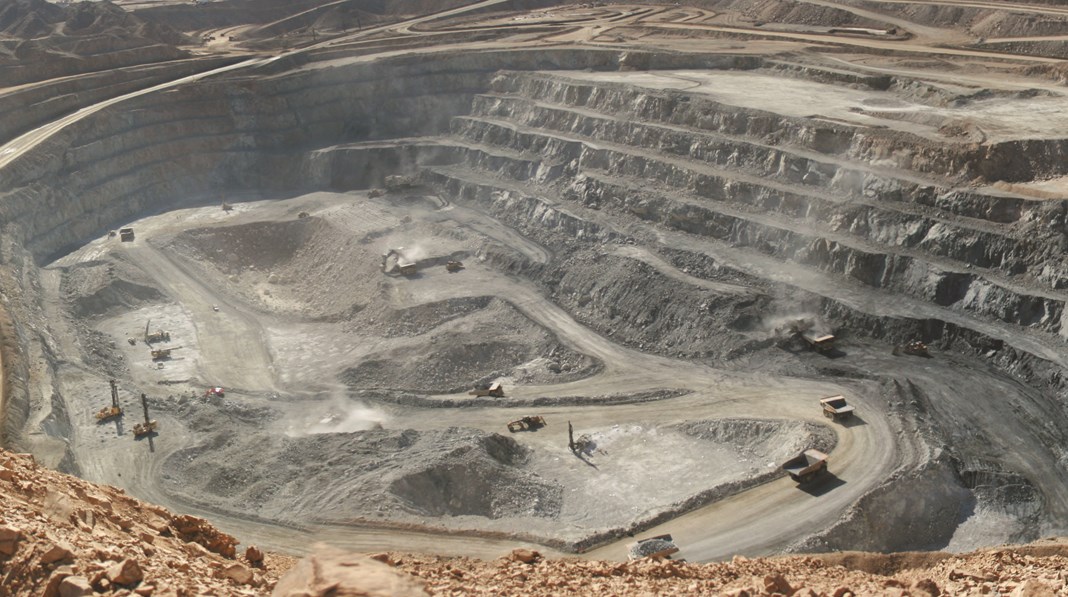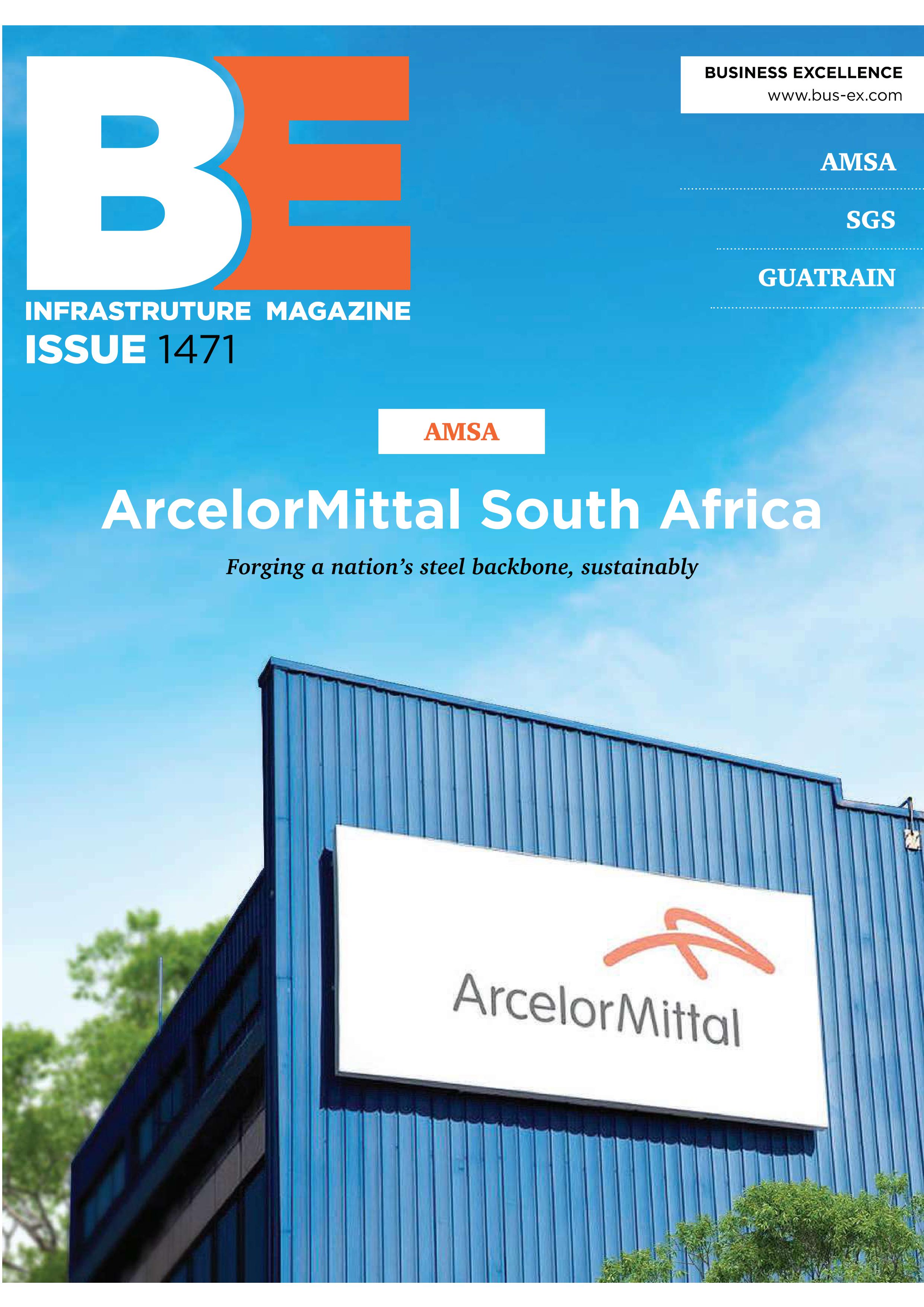
As ships get bigger, more sophisticated, more specialised and more efficient at moving cargo, a new industry has grown up around operating and crewing them. Managing director of Thome Ship Management, Bjorn Hojgaard, explains to John O’Hanlon how the company is handling a step-up in scale.
Thome Ship Management was a general shipping services company until its present owner Olav Eek Thorstensen joined in 1977 and refocused it on its current core business. As managing director Bjorn Hojgaard describes it, the industry looks a lot like a maritime version of land-based facilities management, whereby the running of large and complex assets is entrusted to a specialist. Thome itself offers Scandinavian expertise out of Singapore, that hub of Asian and indeed global shipping—and that, Hojgaard says, is its USP.
The ship management industry was traditionally rooted in Europe, but the centre of gravity in shipping has moved and is still moving eastward, Hojgaard points out. “Around 50 per cent of the world’s tonnage is now owned and controlled by Asian hands.” Based in Singapore and with a major office and training centre at Manila, Thome has built up a serious presence and has established itself as one of the leading players in an expanding professional services niche where the relationship between agent and client is all-important.
Over 20 years Olav Eek Thorstensen built up a network of relations with shipowners large and small, and did a great deal to professionalise the ship management industry. In 1991, Thome became a founder member of the International Ship Managers’ Association (now InterManager), set up to monitor and improve standards, quality, training and qualifications. It was a defining moment for Thome when it set standards not only well ahead of the industry at the time, but of the owners’ expectations too, embracing uncommon concepts like continuous improvement and becoming in 1992 the first ship management company to be accredited to ISO 9000.
This approach was a key factor in growing the business. In the early years of this century, from having around 40 ships under management Thome found that it had 80, and was facing problems of scale. This had much to do with Hojgaard’s appointment in early 2008. Hojgaard had been a senior director with AP Møller Maersk in Singapore and Hong Kong, and had the international background to take advantage of the opportunities that this step-up in scale offered.
Good ship management is founded on trust, and trust comes out of personal relationships, Hojgaard insists. “We have to be close to our owners and keep up an ongoing dialogue to make the relationship work.” This is done through the fleet crew managers, who are like key account managers, he adds. “Each of them runs a fleet of about 20 ships. They maintain the dialogue with the owners, and coordination between the ships, the office in Singapore and the owners’ reps wherever they are.”
This is where Scandinavian management principles really come into their own. “We don’t believe in top-down management or control: decisions should be taken as near to the rock face as possible!” This encourages leaders at every level to switch on their brains and make decisions, he says: one is powerfully reminded of the ‘flat’ management model driven by another Scandinavian, Percy Barnevik at ABB.
Ship management doesn’t really lend itself to centralisation, he believes, and placing too much reliance on fancy IT systems is no substitute for human decision making. “One of our key philosophies is that ships are run on board. You can’t sit in an office and control a vessel remotely! A good safe vessel that performs to charterers’ expectations is one with good people on board.” Naturally the other side to this coin is that the ships’ officers and crew need good support from the 400 shore-based staff whose job it is to make sure the seafarers have the tools and the guidance they need to make the right decisions.
Thome has something like 160 vessels under management, the bulk of them cargo ships and the remainder with two subsidiary companies. Thome Offshore, founded in 2005, manages 25 supply ships and support vessels for the oil exploration industry, and Thome Oil & Gas manages five production and storage vessels. In all, Thome Ship Management looks after assets worth around $3 billion. It’s an awesome responsibility, so it’s no wonder the company spends a lot on training the 8,500-strong pool of officers and ratings that crew its clients’ ships.
About half of this training takes place at Thome’s own training centre in the Philippines, the other half at third party facilities close to the officers’ homes in Croatia, Romania, Indonesia, China and of course Scandinavia. “Training matrices make sure that specific responsibilities and vessel types are catered for. We also have a competence management system that maps out the gaps in an individual’s skills when they are on board a ship and makes sure those gaps are closed when they come ashore again,” says Hojgaard.
This is a challenging and crucial time for the ship management industry and Hojgaard finds this very exciting. But he is very respectful of the relationship-based culture Thome has built up, and wants to preserve it. “This company has done well for 35 years and I am not so arrogant to think that the way they do things at Maersk, for example, would be better.” There are perhaps 600 players in the ship management industry, and consolidation is inevitable.
However, he thinks this will take place as the leaders scale up and smaller players become unviable, rather than through a spate of M&A activity. Mergers are rarely an unqualified success in this business, he says, often foundering on cultural incompatibility. In any case, Thome has no problem in growing; on the contrary, it is in the enviable position of actually having to put the brake on its potential for expansion. “We have found around 10 per cent per annum growth is manageable—much above that and you lose control. We have many owners asking us to take on the management of their ships and we can afford to be very selective now.”
In a market where many struggle to hold onto their customers, Thome Ship Management is having to disappoint potential clients keen to place their assets in the hands of this market leader in safety, competence and quality. Little wonder this former sea captain enjoys his work so much. “As a ship’s commander you make an immediate impact: in my present job I can make changes that will affect the company and the entire industry in the long term, and that is truly exciting.”
DOWNLOAD
 THOMEshipMGNT_JAN11_emea_BROCH_s.pdf
THOMEshipMGNT_JAN11_emea_BROCH_s.pdf












